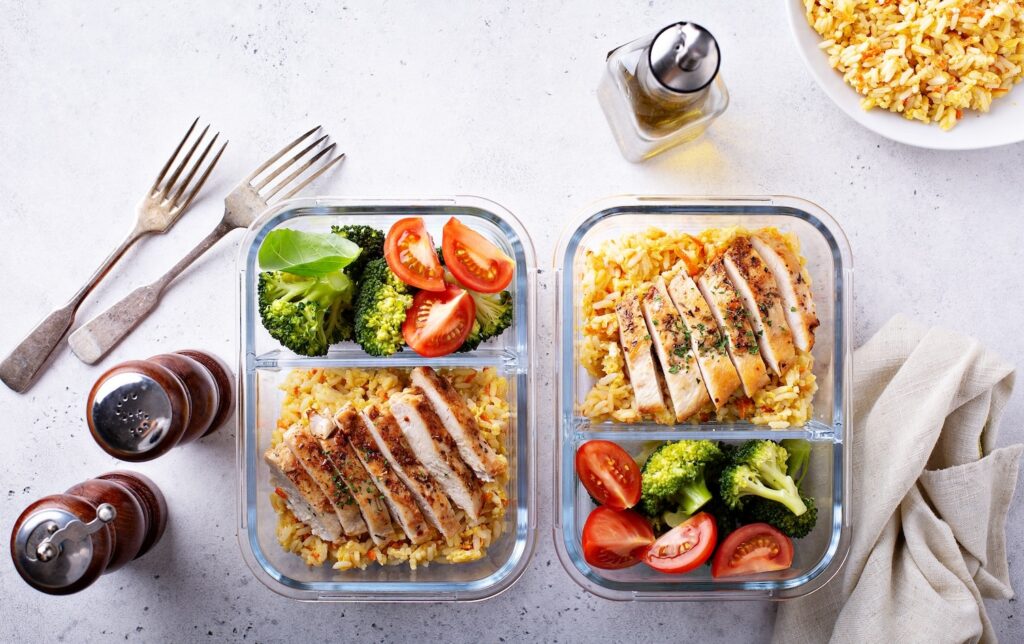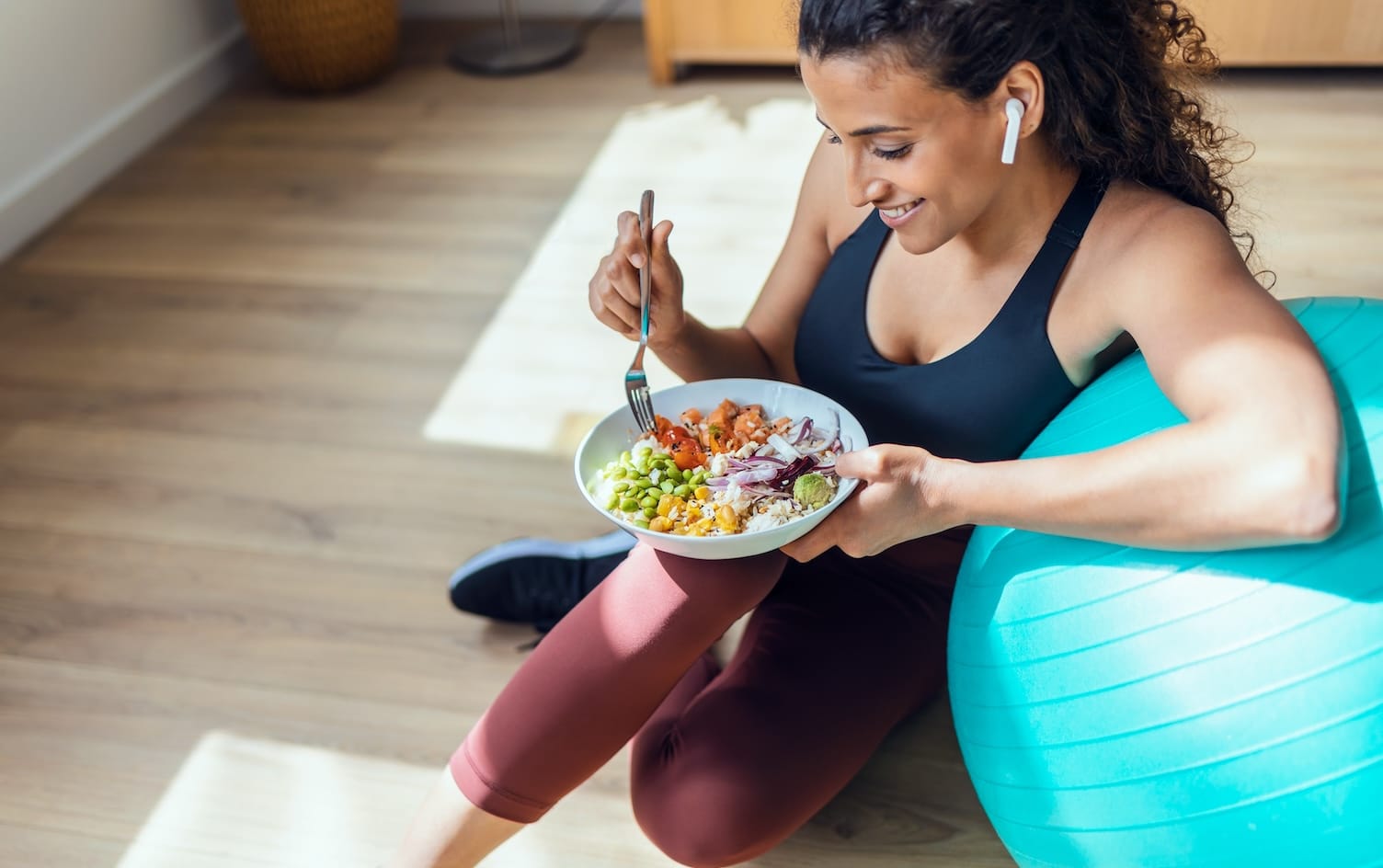If you are looking to shed some pounds, reduce body fat, enhance blood sugar levels, and increase strength, it is crucial to focus on maintaining a balanced diet. However, dietary choices are not the only factor to consider. Meal timing plays a significant role in optimizing weight loss during exercise.
Given the complexity of the matter, it is not uncommon for individuals to have the following questions:
- Is it better to eat before or after a workout to promote weight loss?
- Should one exercise before or after dinner?
- Is it advisable to work out before or after breakfast?
- Do pre-workout meals or snacks make a difference?
- Should one eat before or after running to aid weight loss?
The most suitable approach for you will depend on your health status and fitness objectives. Here is what you need to know.
Is Eating Before the Gym Necessary?
Whether you should eat before a workout is not a clear-cut decision—it varies from person to person. Everyone's body is unique, and the optimal approach to performing well at the gym can differ based on individual goals, overall health, and any underlying medical conditions.
Perhaps a more pertinent question would be whether exercising after eating is beneficial. Research indicates that engaging in physical activity within 30 minutes to two hours after a meal can enhance insulin sensitivity.
Impact of Fasted vs. Fed Exercise
Studies suggest that engaging in low-intensity exercise before eating may be beneficial for weight loss, as the body is more likely to utilize stored fat for energy in a fasted state.
Conversely, if you work out shortly after eating, your body will primarily burn the calories consumed during the meal. Nonetheless, consuming protein before or after a workout can aid muscle recovery and development.
While exercising in a fasted state may promote fat burning in certain scenarios, it could also lead to suboptimal performance if you do not consume sufficient food to feel energized.
What to Eat Before a Workout for Weight Loss
To achieve weight loss, maintaining a calorie deficit is essential. Your pre-workout meal should contain both protein and carbohydrates to maximize the benefits of your exercise regimen (with exceptions for individuals with specific health conditions like type I diabetes). Avoid skipping carbohydrates, as they help replenish glycogen stores and sustain energy levels throughout your workout.
It is advisable to avoid fiber-rich meals before exercising, as they can be challenging to digest and may cause discomfort, bloating, or swelling during physical activity.

Should You Eat After Cardio?
Consuming a meal rich in protein and complex carbohydrates within a few hours post-exercise can help replenish glycogen stores, provide essential protein for muscle recovery, and prepare you for subsequent activities or workouts.
Post-Workout Meals for Goal Achievement
Optimal post-workout nutrition includes a combination of protein and carbohydrates. Consider incorporating the following post-exercise meal options:
- Yogurt and fruit
- Fatty fish with brown rice
- Turkey on a whole-grain bun with veggies
- Pretzels and low-fat chocolate milk
- Protein smoothie
Ensure a balance of protein and carbohydrates in your post-workout snack to boost energy reserves and facilitate muscle recovery. Protein bars can serve as a convenient option for quick refueling.
Timing of Post-Workout Nutrition for Weight Loss Support
The timing of post-exercise nutrition depends on the intensity of your workout. For low-intensity activities, maintaining your regular balanced meals suffices. Examples of low-intensity exercises include jogging or brisk walking for less than an hour.
For moderate-to-high-intensity workouts, consider consuming a protein-rich shake or meal within 60 minutes after exercising. These intense workouts, such as competitive sports, endurance training, and weightlifting, demand significant energy expenditure. Delaying post-workout nutrition may hinder recovery and lead to muscle breakdown due to depleted glycogen stores. Additionally, waiting more than two hours before eating your next meal may result in overeating, counteracting your weight loss efforts.
Why Does the Decision to Eat Before or After Workouts Vary Among Individuals?
Various factors influence whether individuals choose to eat before or after a workout. Some individuals may feel sluggish or nauseous if they eat before exercising, while others may experience discomfort from the sensation of water sloshing in their stomach during physical activity.
High-level athletes and individuals participating in prolonged workouts may require pre-workout nutrition to ensure adequate fuel for their performance.
Health considerations also play a crucial role in determining the necessity of eating before a workout. For example, individuals with diabetes should monitor their glucose levels before exercising to prevent hypoglycemia.
Did you know? MyFitnessPal offers expert guidance and plans from registered dietitians and performance specialists. Download the app today for personalized nutrition tools!
Optimize Energy Levels with Proper Nutrition
Maintaining a well-balanced intake of protein and carbohydrates before and after your workout is essential for sustaining optimal energy levels, muscle growth, and endurance. Do not skip breakfast and aim to eat at regular intervals to prevent hunger pangs and maintain high energy levels.
MyFitnessPal can assist you in tracking your calorie and macronutrient intake, enabling you to monitor your nutrition and weight goals effectively. Download MyFitnessPal now and start cultivating healthy habits!
Originally published on February 22, 2017; Updated on June 10, 2024
